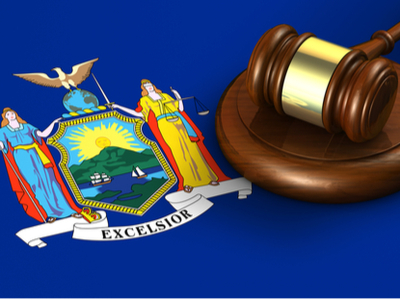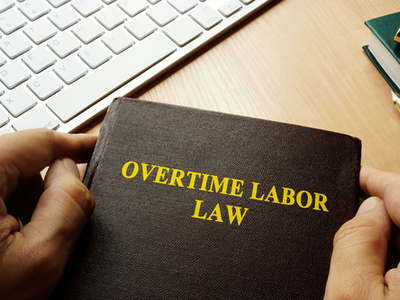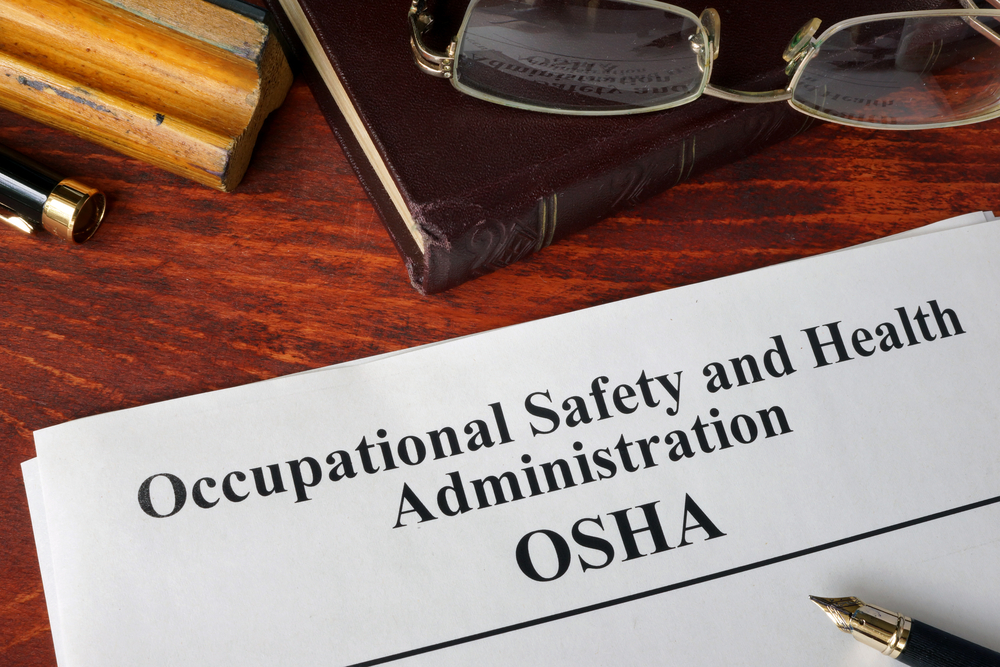Major changes are in store for New York employers under a new bill passed in the waning hours of the 2019 legislative session. As part of an ongoing, multi-year effort to address sexual harassment and other discrimination and harassment issues, the New York legislature on June 19, 2019 passed Assembly Bill 8421 (“AB 8421”), a compendium bill that introduces new and refined employee protections against harassment, retaliation, and discrimination in the workplace. AB 8421 amends the New York State Human Rights Law (“NYSHRL”) to usher in new affirmative protections and procedural mandates that will significantly affect employer liability under state law. Building on protections previously enacted under the 2018 state budget, AB 8421 will expand prohibitions on nondisclosure agreements and arbitration agreements to categories of discrimination and harassment beyond sexual harassment. Key elements of AB 8421 are described below. READ MORE
Phase Two of New York Legislative Response to #MeToo: State Passes Comprehensive Anti-Discrimination Expansion Bill







